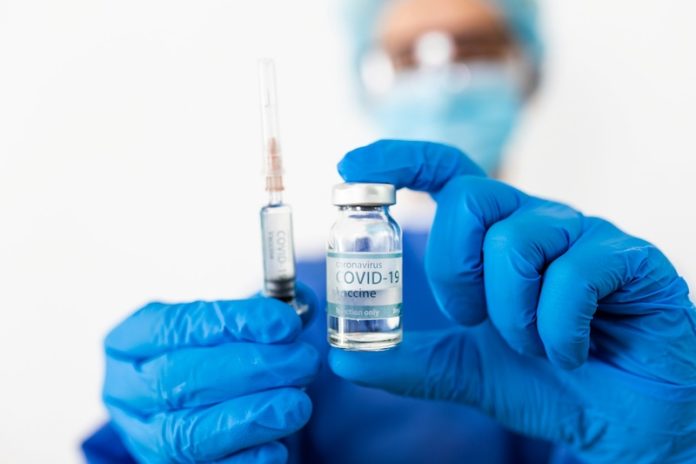
In a world where the COVID-19 virus constantly evolves, so does the fight against it through vaccines.
Researchers from the University of Michigan, led by Sabir Meah and Bhramar Mukherjee, embarked on a mission to untangle the complex web of COVID-19 vaccines, including first and second boosters, monovalent, and bivalent vaccines.
Their study, published in Science Advances, analyzed over 80 studies and 150 million patient observations worldwide, aiming to clarify the effectiveness of various COVID-19 vaccine doses following the initial series of shots.
The team applied the multitude of methods from the global studies to patient data from Michigan Medicine. Their goal was ambitious: to create a method repository for analyzing the effectiveness of future annual COVID-19 vaccines.
The study focused on three types of vaccine regimens: the monovalent booster targeting the original strain, a second monovalent booster of the same formulation, and the new bivalent vaccine designed to combat the more recent omicron variants introduced in fall 2022.
Their findings were enlightening. All sequential doses significantly reduced the risk of hospitalization and death, with the bivalent vaccine tailored for the omicron variants showing particularly strong results.
This research underscores the importance of adapting COVID-19 vaccines to combat emerging variants.
As of early 2024, the practice of updating vaccines annually is in place in the U.S. and the European Union, with the latest vaccine targeting the XBB1.5 omicron variant available for those who haven’t received it yet.
The implications of their work go beyond just understanding the current landscape of COVID-19 vaccines. It lays the groundwork for future research, providing a robust analytical pipeline to assess the effectiveness of upcoming annual vaccine updates.
The team’s efforts not only aim to solidify public trust in vaccine effectiveness but also combat misinformation, ensuring that the fight against COVID-19 continues on a foundation of strong, reliable evidence.
If you care about COVID, please read studies about Vitamin D deficiency linked to severe COVID-19, and how diets could help manage post-COVID syndrome.
For more information about COVID, please see recent studies about new evidence on rare blood clots after COVID-19 vaccination, and results showing zinc could help reduce COVID-19 infection risk.
The research findings can be found in Science Advances.
Copyright © 2024 Knowridge Science Report. All rights reserved.



